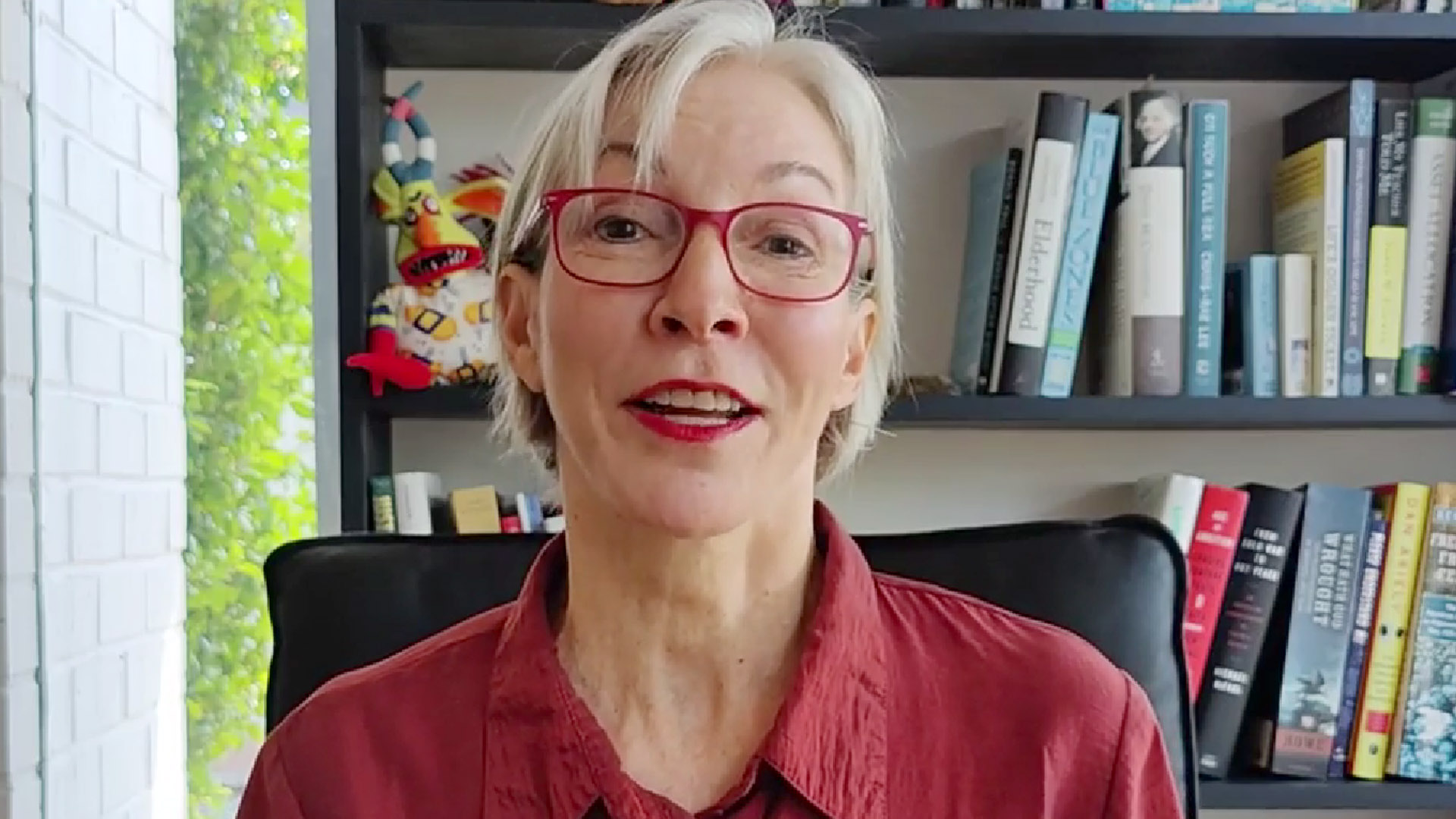Choosing someone to be your fiduciary is a big responsibility. However, a fiduciary can be highly beneficial in times of need, especially in medical emergencies. The chosen person should be someone you have a mutual trust and understanding with, who will act in your best interest in cases you cannot. Think long and hard about who this should be before coming to your final decision or before someone less qualified needs to act on your behalf.
Dementia Education: Choosing a Fiduciary
Select a Trusted Person
The leading cause of leaving your life in someone else’s hands is poor health or mental incapacity. In these cases, you’ll want someone you can rely on, someone who will be loyal to your desires and reasonable when you can no longer have your own opinion on things. They’ll be managing your livelihood, the money you’ve earned, and the assets you’ve acquired, so you’ll need to be on the same page. You are placing your life in the fiduciary’s hands, so select someone who will follow your wishes to your benefit.
Communicate Your Wants & Needs
It’s essential to communicate your wants and needs clearly to your fiduciary. Having this conversation is challenging but very necessary. You need to be sure this is a role the chosen person is comfortable with and open to taking it on if or when they’re needed. This task is not for everyone, and some people don’t want the pressure or responsibility, so again, make sure you’ve chosen someone up to the challenge. It can become overwhelming for some, understandably, but you need someone who will confidently manage your life in the ways you’ve indicated to the person directly or in writing.
Lay Out Your Expectations
When you find the right fiduciary, always be open and honest about your expectations of them. There are several ways they can help, whether by making them your power of attorney, a trustee, a professional fiduciary, a government fiduciary, or a court-appointed guardian. Each entails specific responsibilities, so be sure you choose the right one for your needs.
Get Legal Paperwork in Place
Begin planning things together before you need them implemented. Keep records of the paperwork that appoints the fiduciary. Legal paperwork not only makes their job easier, but it makes the overall process less problematic and can help to avoid legal interferences. Have regular conversations, including any updates that need to be included or changes, whether with assets, money, or medical decisions. Always keep your fiduciary informed.
Dr Liz Geriatrics
The role of a caregiver for an older adult is challenging. There are so many things to consider. Dealing with legal matters can be one of those tasks. If you are feeling overwhelmed, Dr Liz Geriatrics can help. We specialize in assisting and providing dementia education for caregivers of aging adults. If you need help, contact us at 650-357-8834 x1.

Dr Liz has over 20 years of experience as a geriatrician. She is board-certified in internal medicine, geriatric medicine, and palliative care medicine. Dr Liz founded Dr Liz Geriatrics to address the challenging medical and behavioral issues often facing older patients and their families.


